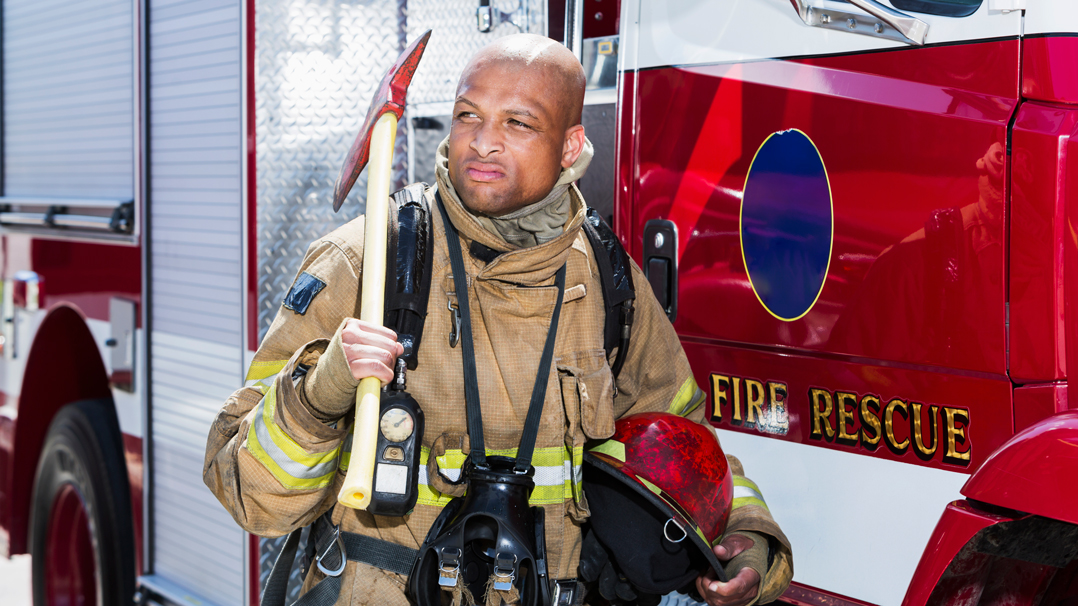They rush the scene when others are fleeing. They are the protectors and the helping hands. Emergency responders are used to saving lives, and now Cigna is making sure that these frontline workers...

They rush the scene when others are fleeing. They are the protectors and the helping hands. Emergency responders are used to saving lives, and now Cigna is making sure that these frontline workers have access to the mental health support they need to help overcome daily challenges they encounter.
“Frontline workers have always played a critical role in our society and their role has been further cemented amidst social unrest and COVID-19—which are creating some of the most stressful and chaotic times in recent history,” said Julia Huggins, senior vice president of U.S. Commercial Markets and Behavioral. “Despite extreme risks to themselves and their families, Emergency Responders continue to answer the call of duty and we must ensure they have access to the critical support they need to continue to do these vital jobs in our communities.”
Emergency responders’ work can be classified as 911 dispatchers, ER doctors, nurses, and technicians to traditional first responder roles such as police, firefighters and EMTs, and the unique stressors of their jobs can take a toll.
According to the Substance Abuse and Mental Health Services Administration [PDF] an estimated 30 percent of first responders develop behavioral health conditions such as depression and posttraumatic stress disorder (PTSD). A study also found that emergency responders are more likely to die by suicide than other line-of-duty deaths.
In honor of World Suicide Prevention Day on September 10, Cigna is launching an industry-first partnership with The National Emergency Responder and Public Safety Center. Through the partnership, Cigna providers will have access to the Emergency Responder and Public Safety Clinical Certification™ (ERPSCC™) training program to help behavioral health providers better understand and address the unique mental health needs of emergency responders.
The program is an assessment-based training and certification which includes 40 hours of education, training and resources. Providers who complete this training will be identified in the MyCigna.com directory with a special badge, which makes it easier for emergency responders to identify those with this specialized training.
“There should never be a shortage of quality resources and knowledgeable clinicians to assist those who have given so much to our communities. Emergency services, public safety, their family members, and retirees, need specialized, culturally-competent and trauma-informed providers,” said Dr. Jaime Brower, founder of the National Emergency Responder and Public Safety Center. “Moreover, they need to know how to quickly identify and access those clinicians. The easily-identified badge and listing in our National Directory of Certified Clinicians will make that possible. We’re passionate about our mission and excited to partner with Cigna to train more providers, and create more access to specialized behavioral health care for emergency responders.”
This announcement further illustrates Cigna’s commitment to make it simpler and more convenient for customers to access mental and emotional health resources. Earlier this year, the organization announced its partnership with Talkspace as well as an expanded suite of condition-specific virtual providers.
For more behavioral health resources from Cigna, click here.